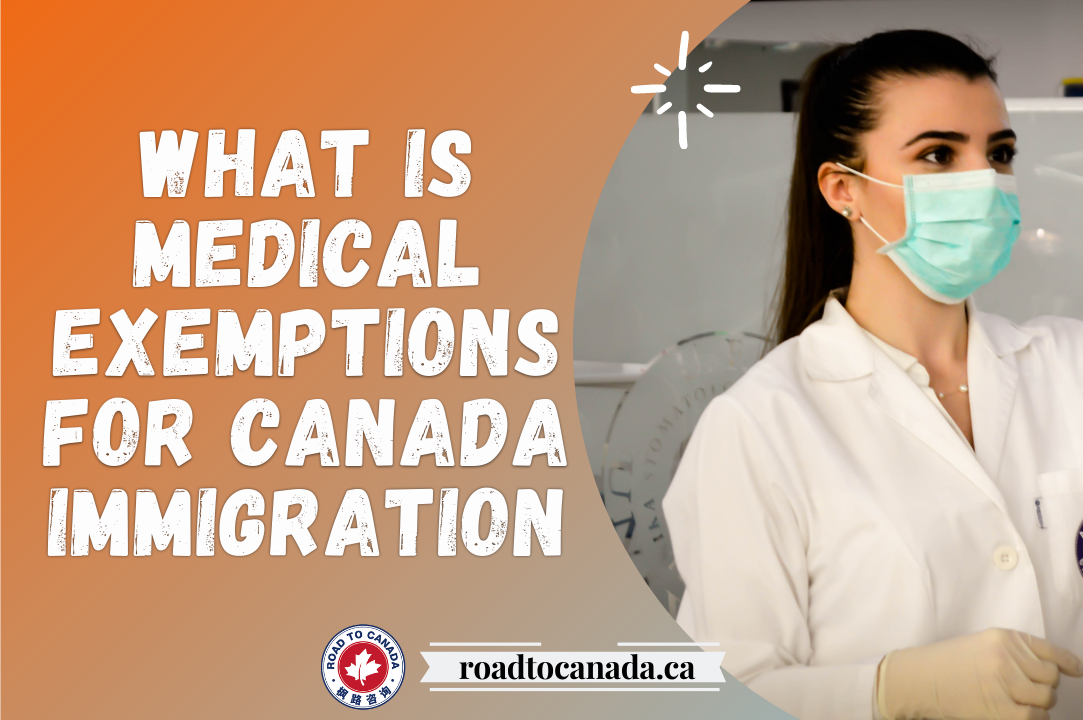/Medical Exemptions/
Exemptions from undergoing an immigration medical examination
The exemptions to the medical examination requirement are described in R30(1)(b)-(g), which includes:
- a person described in paragraph 186(b) who is entering or is in Canada to carry out official duties, unless they seek to engage or continue in secondary employment in Canada;
- a family member of a person described in paragraph 186(b), unless that family member seeks to engage or continue in employment in Canada;
- a member of the armed forces of a country that is a designated state as defined in the Visiting Forces Act, who is entering or is in Canada to carry out official duties, other than a person who has been designated as a civilian component of those armed forces, unless that member seeks to engage or continue in secondary employment in Canada;
- a family member of a protected person, if the family member is not included in the protected person’s application to remain in Canada as a permanent resident;
- a non-accompanying family member of a foreign national who has applied for refugee protection outside Canada; and
- a foreign national who has applied for permanent resident status and is a member of the live-in caregiver class.
Note: A person described in paragraph R186(b), is: “a foreign representative, if they are properly accredited by the Department of Foreign Affairs and International Trade and are in Canada to carry out official duties as a diplomatic agent, consular officer, representative or official of a country other than Canada, of the United Nations or any of its agencies or of any international organization of which Canada is a member.”
Exemptions from inadmissibility on grounds of excessive demand
As per paragraphs R24, R117(g) and R139(4), excessive demand determinations under A38(1)(c) do not apply to:
- spouse, common-law partner or conjugal partner
- a dependent child (including an adopted a child) of the sponsor, or of the sponsor’s spouse, common-law partner or conjugal partner;
- Convention Refugees;
- protected persons.
Although such individuals must undertake a full immigration medical examination, they are not assessed for excessive demand.

